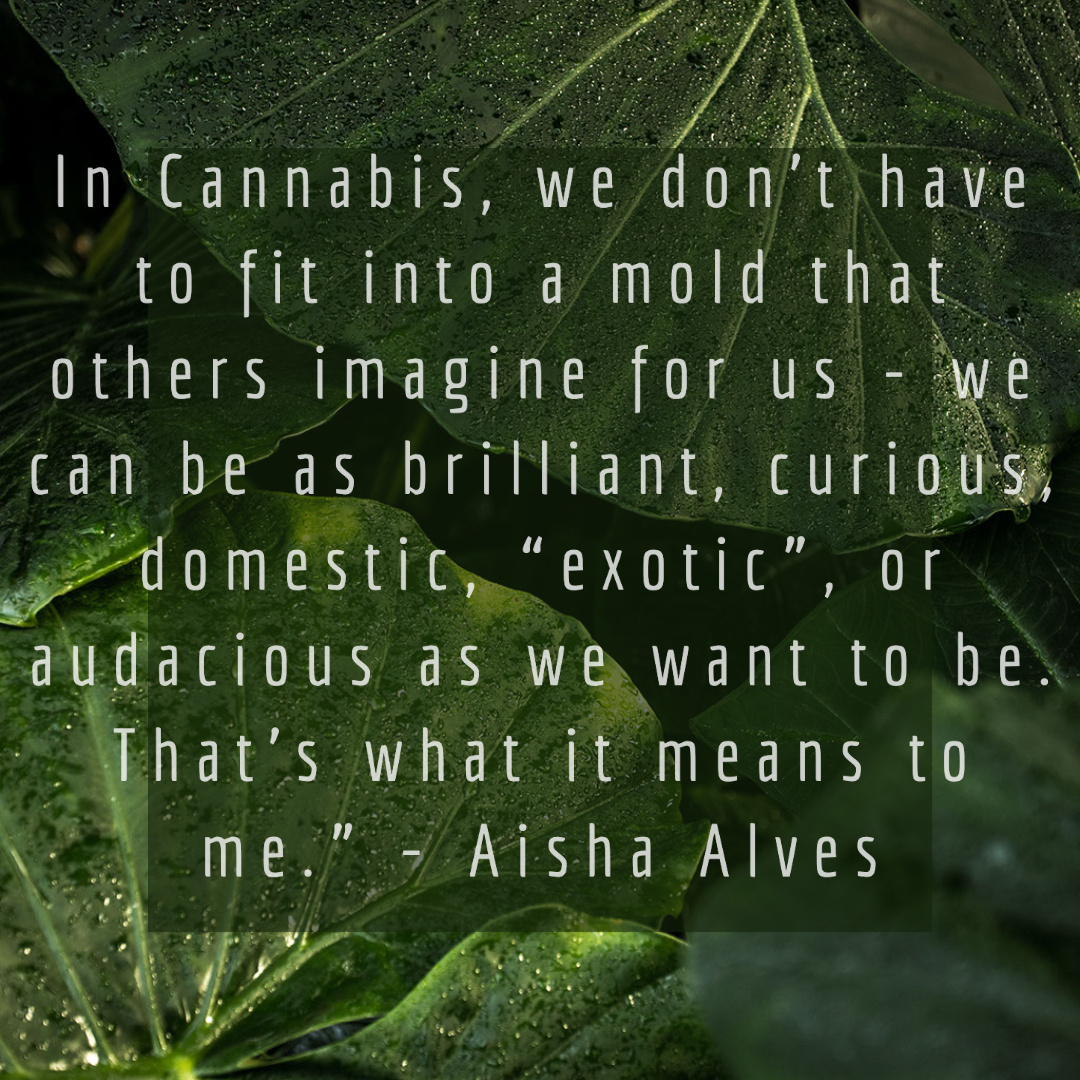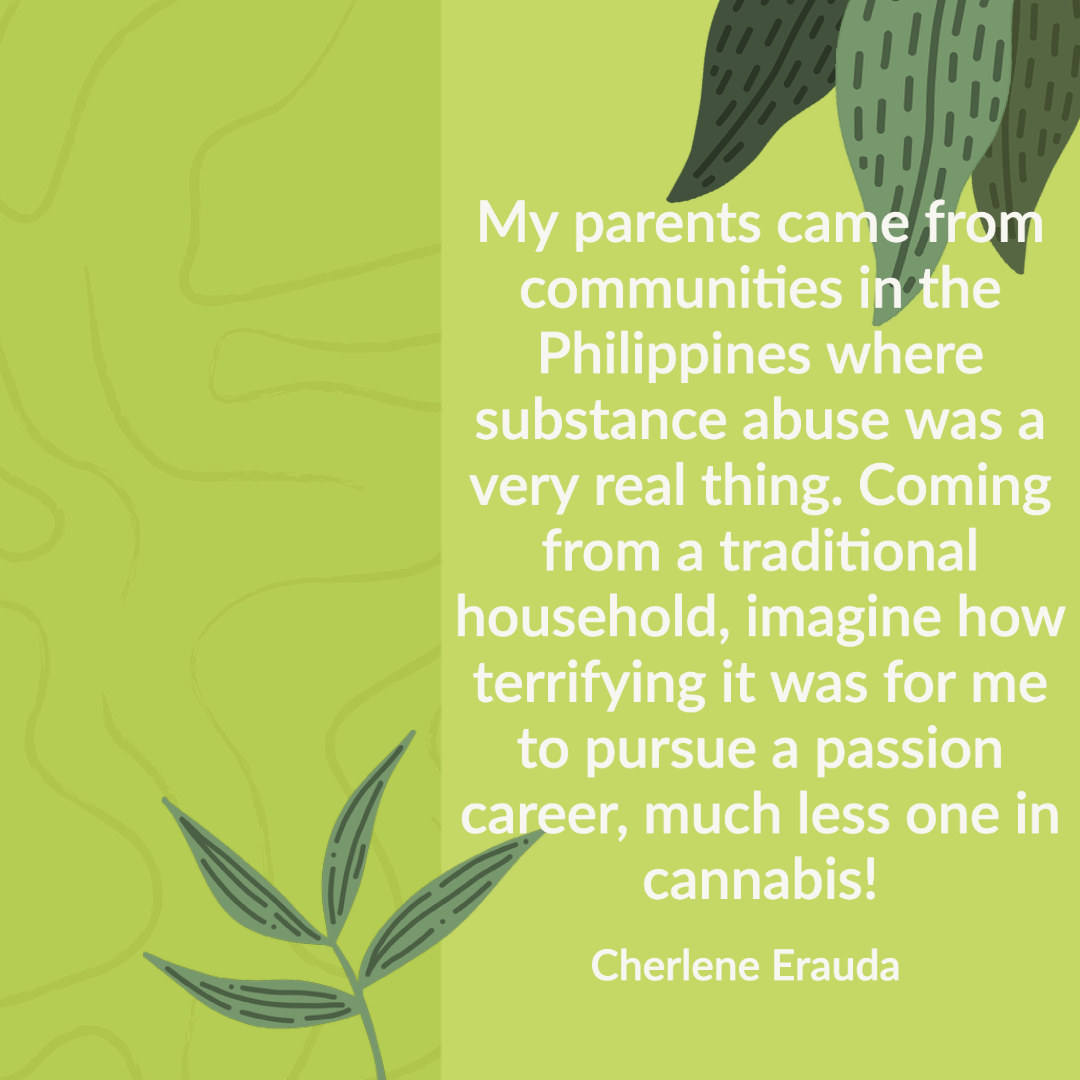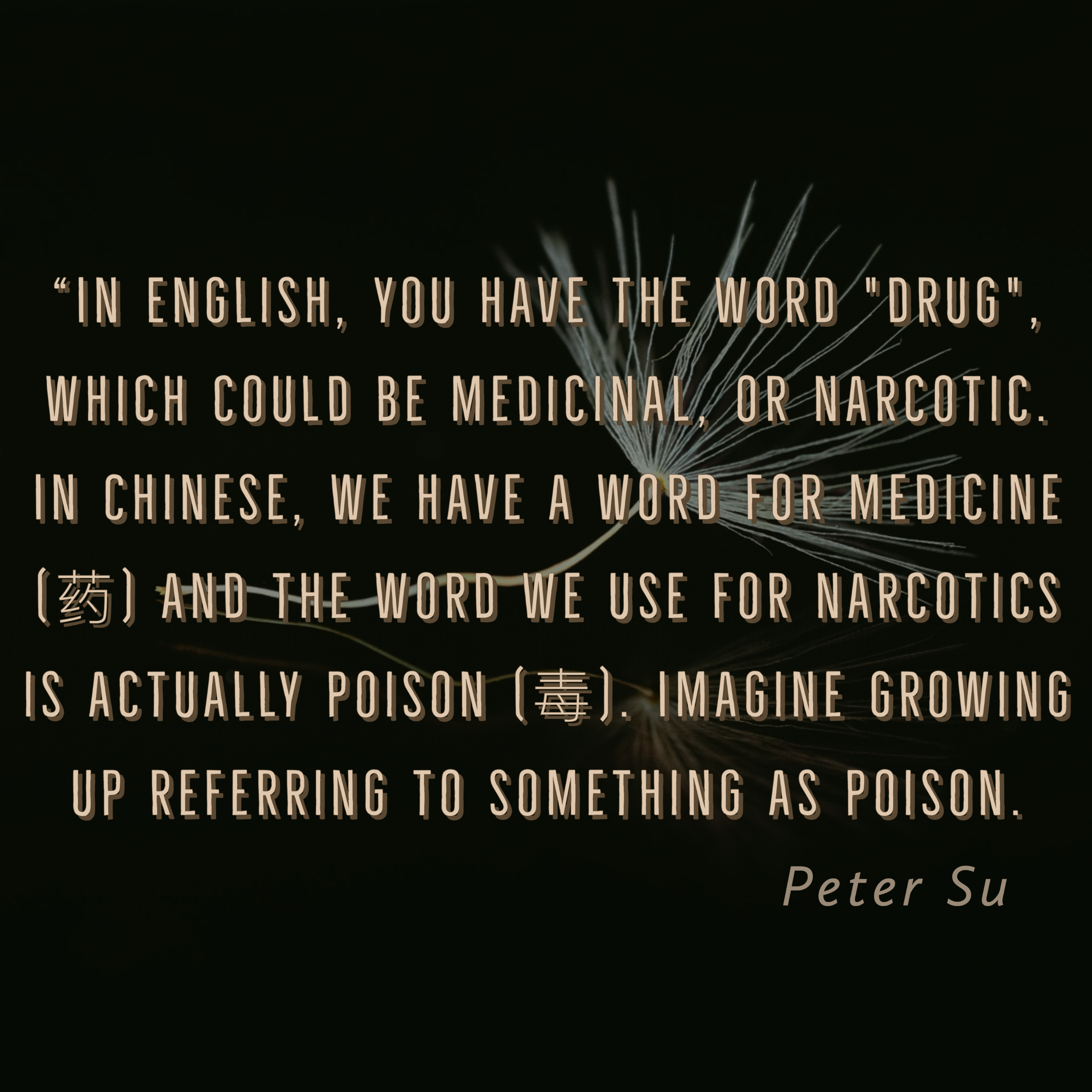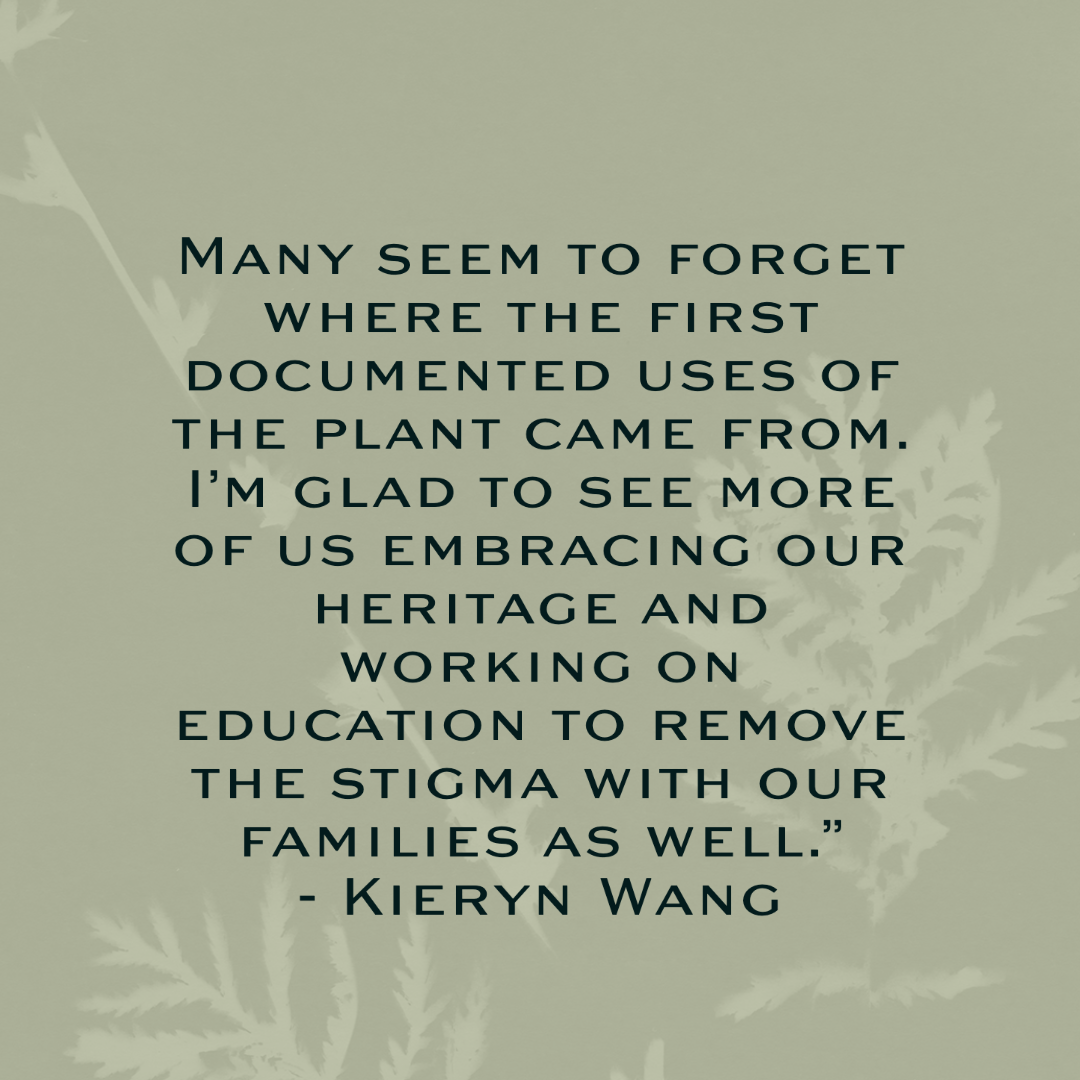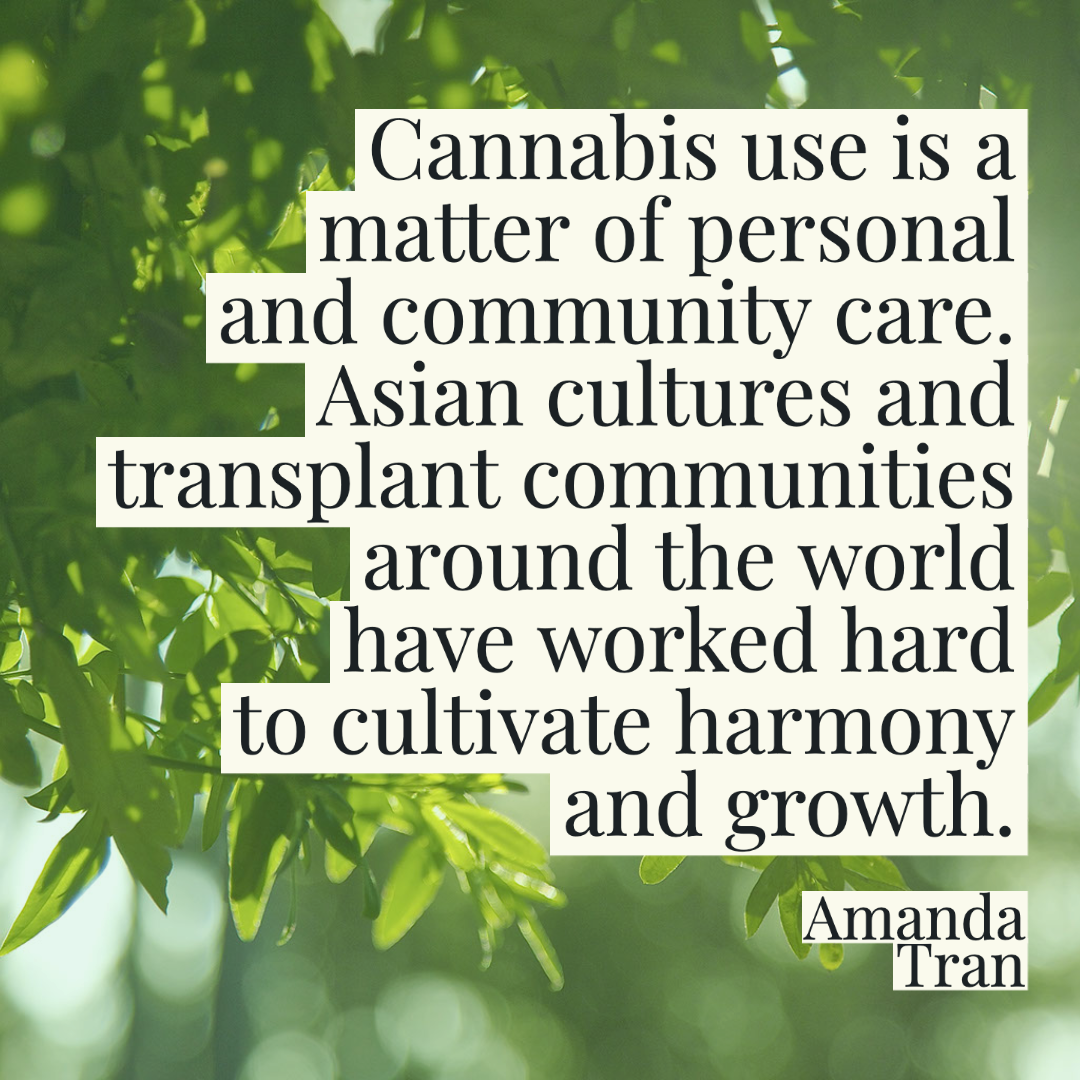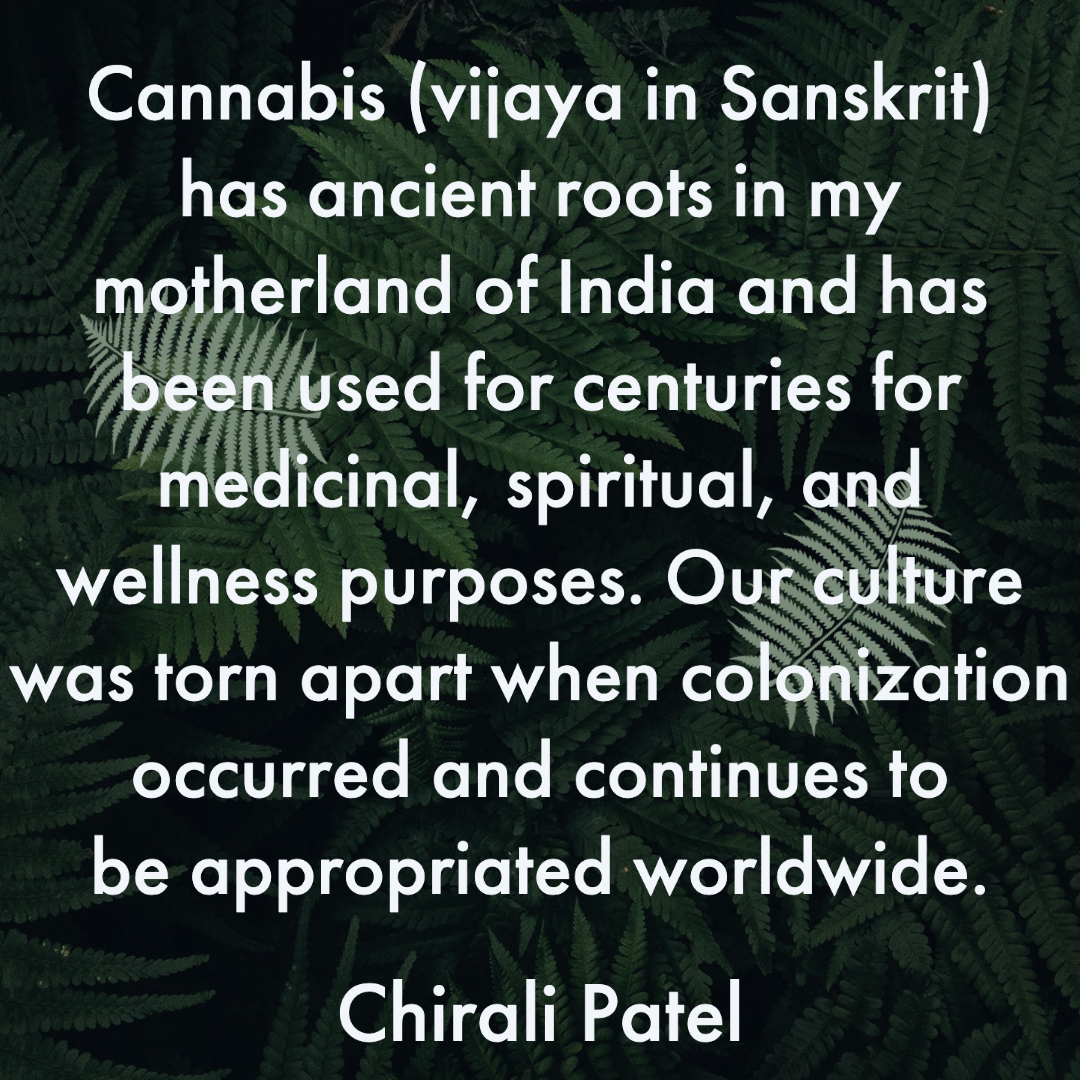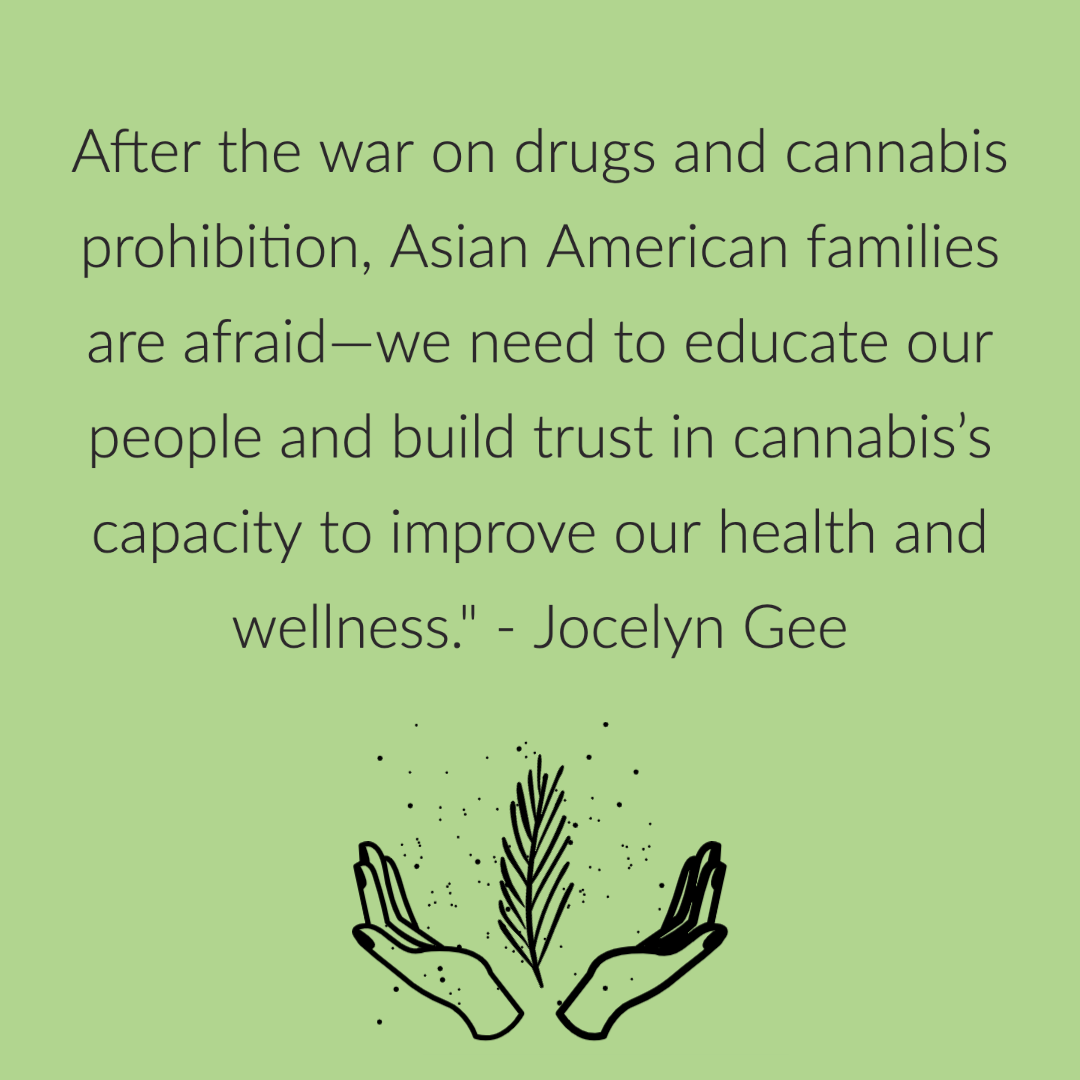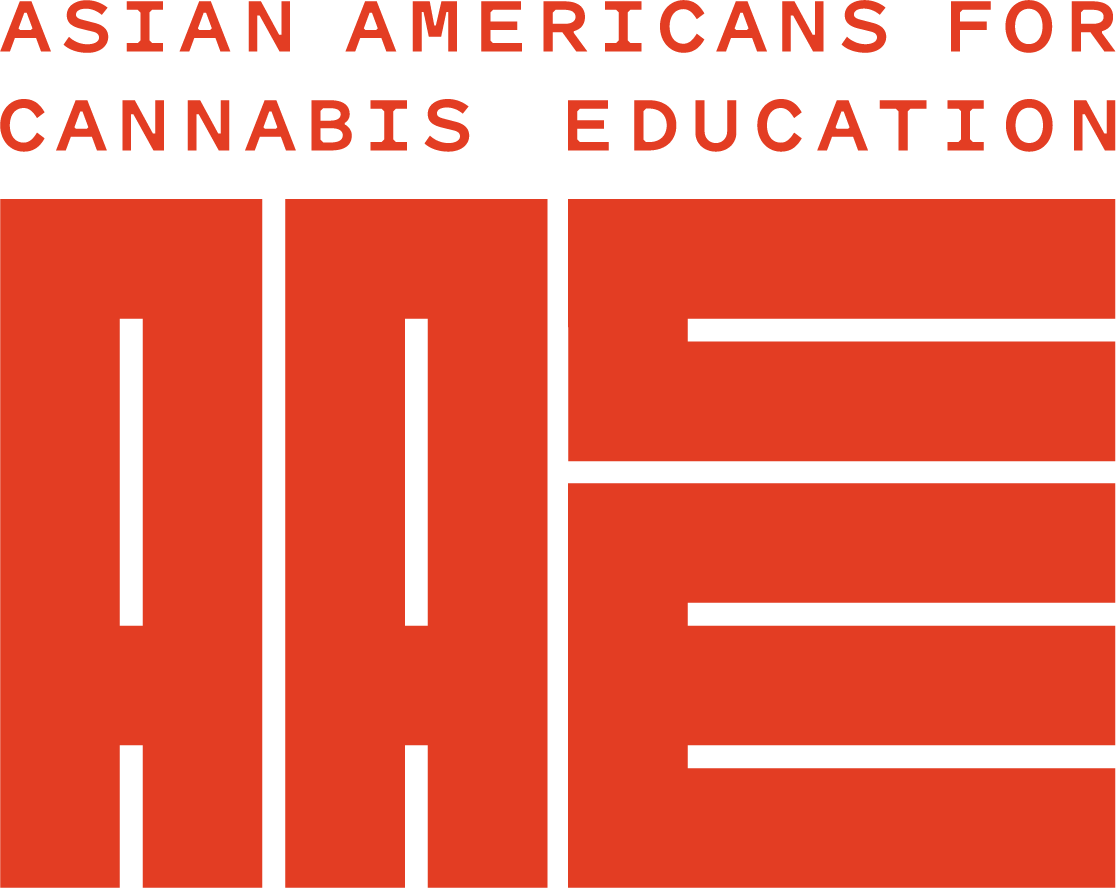AACE: Cannabis advocacy in the Asian Pacific Islanders communities.
The goddess Magu's legacy in cannabis primarily lies in its use as a healing plant - as the majority of Magu's mythological stories revolve around the ways in which she aided the poor and the sick either as a goddess outright or as a priestess of an unnamed healing deity. Magu takes on a more definitively divine role in the ancient literature of Korea, however, the core of her personality remains relatively the same.
Cannabis and hemp have been in Traditional Chinese Medicine )TCM) encyclopedias dating back to 10,000 B.C., hemp has been used for clothing, warfare, paper, building materials, and medicine. The father of Chinese medicine, Shen-Nung (c. 2700 B.C.), used cannabis to help alleviate aches and pains from the daily heavy manual labor on farms. Then it all changed. In 1985, the People’s Republic of China joined the Convention on Psychotropic Substances (the United Nations in 1971 chose to control psychoactive drugs and made cannabis a narcotic drug and illegal to possess or use in TCM. Over 182 members of the UN adopted this Convention, putting back plant medicine for over half a century.
Rediscovering and recognizing the plant and its medicinal and adult use, nations previously banning it are bringing cannabis forward as a legal market. Cannabis is now legal (either in medical or adult use or both) in 2/3 of the US, Thailand, Germany, Mexico, South Africa, Canada, the UK, New Zealand, Panama, Peru, Jamaica, and more.
As more Asians embrace cannabis and enter the plant-touching and ancillary industries, we are seeing a new openness in talking about it, using it, and educating other APIs without the stigma attached to cultural and legal roadblocks. This also falls into the generational wealth that APIs work towards, which of course changes those minds closed before to the benefits of a historically important part of the Asian medicine “cabinet”.
I asked the API community to lend their voice to this article and here is what they have to say:
“My parents came from communities in the Philippines where substance abuse was a very real thing. Coming from a traditional household, imagine how terrifying it was for me to pursue a passion career, much less one in cannabis! I became a medical budtender in 2020 and witnessed firsthand the benefits of this incredible plant, and the wonderful people of this new industry. I was inspired. As a cannabis Marketing professional now, I've continued to navigate those complex conversations with my family. It's not easy, but when I connect with patients and consumers that have found their lives improved by this plant, I'm reminded that it takes conversations like the ones I have with my parents in order to create a change in this world - change that I wholeheartedly believe in!_ - Cherlene Erauda / Calyx Containers
“I’ve been a long-time consumer of THC, but once I tried CBD for my anxiety and depression, that’s when I knew I had to do something w the plant. I had finally found my passion in life. That’s when Calm Better Days was born and as a cannabis coach, I help people find relief from whatever they are suffering from with plant medicine. Normalizing cannabis begins w education. And while I’m at it, let’s also normalize mental health and moms consuming the plant!” - Amy Chin / Cannabis Coach and Consultant
“For many people, joining the Cannabis industry has been a way to unlock their full potential - for jobs that in traditional markets, they’ve been systematically overlooked; to be so happily embraced by a super-supportive AAPI community; and most of all - to discover who they REALLY want to be in their professional lives. In Cannabis, we don’t have to fit into a mold that others imagine for us - we can be as brilliant, curious, domestic, “exotic”, or audacious as we want to be. That’s what it means to me.” - Aisah Alves / FlowerHire
“In English, you have the word "drug", which could be medicinal, or narcotic. In Chinese, we have a word for medicine (药) and the word we use for narcotics is actually poison (毒). Imagine growing up referring to something as poison. The stigma is very strong and very negative. Can we, as AAPI professionals in the cannabis space change that?” - Peter Su, Cannabis Banking / CBP, CTP, CCBP, CCCE, GRCP, GRCA, IDPP
“I’d love to see more recognition in this industry about the origins of cannabis as it relates to our cultures and countries. Many seem to forget where the first documented uses of the plant came from. I’m glad to see more of us embracing our heritage and working on education to remove the stigma with our families as well.” - Kieryn Wang . Digital & Experintial Marketing Expert
“Cannabis use is a matter of personal and community care. Asian cultures and transplant communities around the world have worked hard to cultivate harmony and growth. Deliberate cannabis developments that reflect diversity and equity can facilitate transformations for people everywhere.” - Amanda Tran , Cannabis Operations Expert, Product and Service Strategies
“Cannabis (vijaya in Sanskrit) has ancient roots in my motherland of India and has been used for centuries for medicinal, spiritual, and wellness purposes. Our culture was torn apart when colonization occurred and continues to be appropriated worldwide. I’m in this space for a variety of reasons, but I strive to reclaim our rights in this “industry” and create safe spaces for the community to engage and build a legacy that is true to our heritage.” - Chirali Patel , Attorney/Entrepreneur/Advocate
"Most people under the Asian American umbrella know that our communities tend to distrust cannabis. In the past, too many Asian relatives blamed my “laziness”—undiagnosed chronic illnesses—on cannabis. Our elders especially fear cannabis cultivation and consumption, even though it’s been a valued staple across our cultures as a source of fiber, rope, food, medicine, etc. Beyond utility, the psychoactive properties are still highly valued by Asian communities for spirituality and recreation. Cannabis is likely indigenous to Central or East Asia—genetic research suggests that cannabis had already been domesticated in China as early as 12 thousand years ago. Throughout history, there have been crackdowns and prohibitions on cannabis. All cannabis prohibition movements share commonalities—social and economic inequality, distrust of the unknown, and fearmongering. However, colonial empires corrupted cannabis in the eyes of Asian communities with rhetoric that associates the plant with crime, violence, and depravity. By pushing Asian communities to associate cannabis with fear and distrust, colonial erasure stole my ancestral traditional ecological knowledge and priceless agricultural practices. And as a disabled climate advocate, I know that attacks on cannabis are an environmental justice issue but, without access to the medicinal properties of cannabis, people like me continue to suffer mentally and physically. After the war on drugs and cannabis prohibition, Asian American families are afraid—we need to educate our people and build trust in cannabis’s capacity to improve our health and wellness." - Jocelyn Gee, Head of Community Growth at Green Jobs Board
